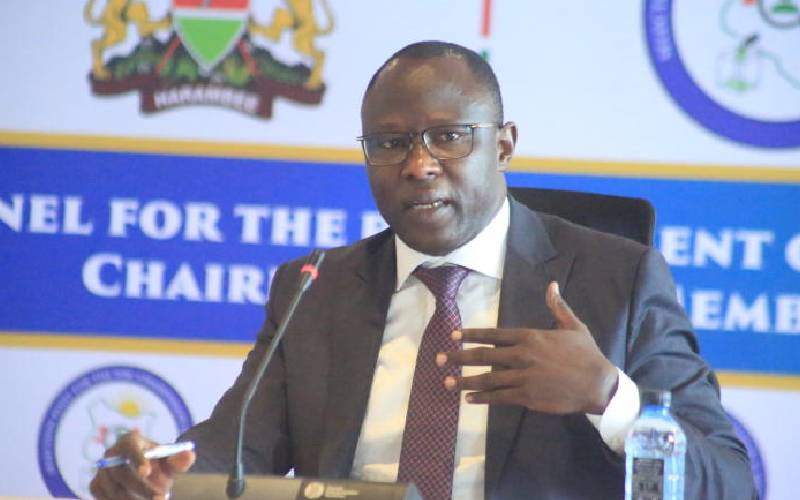×
The Standard e-Paper
Home To Bold Columnists

The vetting of the nominees for Chairperson and six Commissioners of the Independent Electoral and Boundaries Commission (IEBC), which was scheduled for today, now hangs in the balance after the High Court suspended the process last week.
Erastus Ethekon, nominated as Chairperson, and the six Commissioner nominees-Ann Nderitu, Moses Mukhwana, Mary Sorobit, Hassan Noor Hassan, Francis Aduol, and Fahima Abdallah-must now await a court ruling that will determine the fate of the vetting exercise